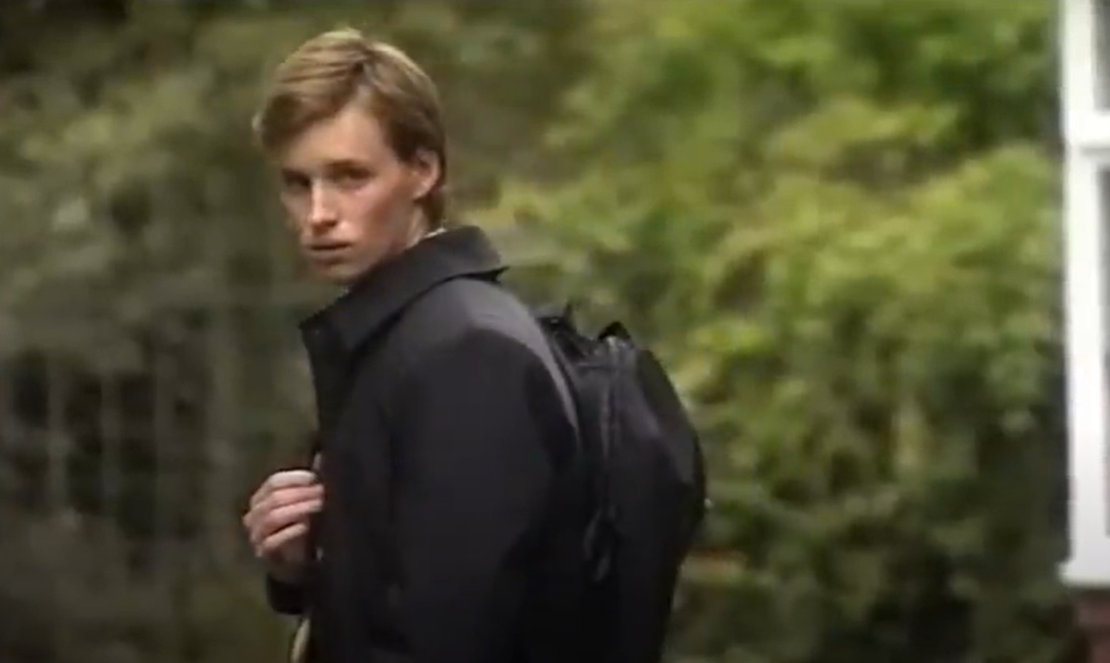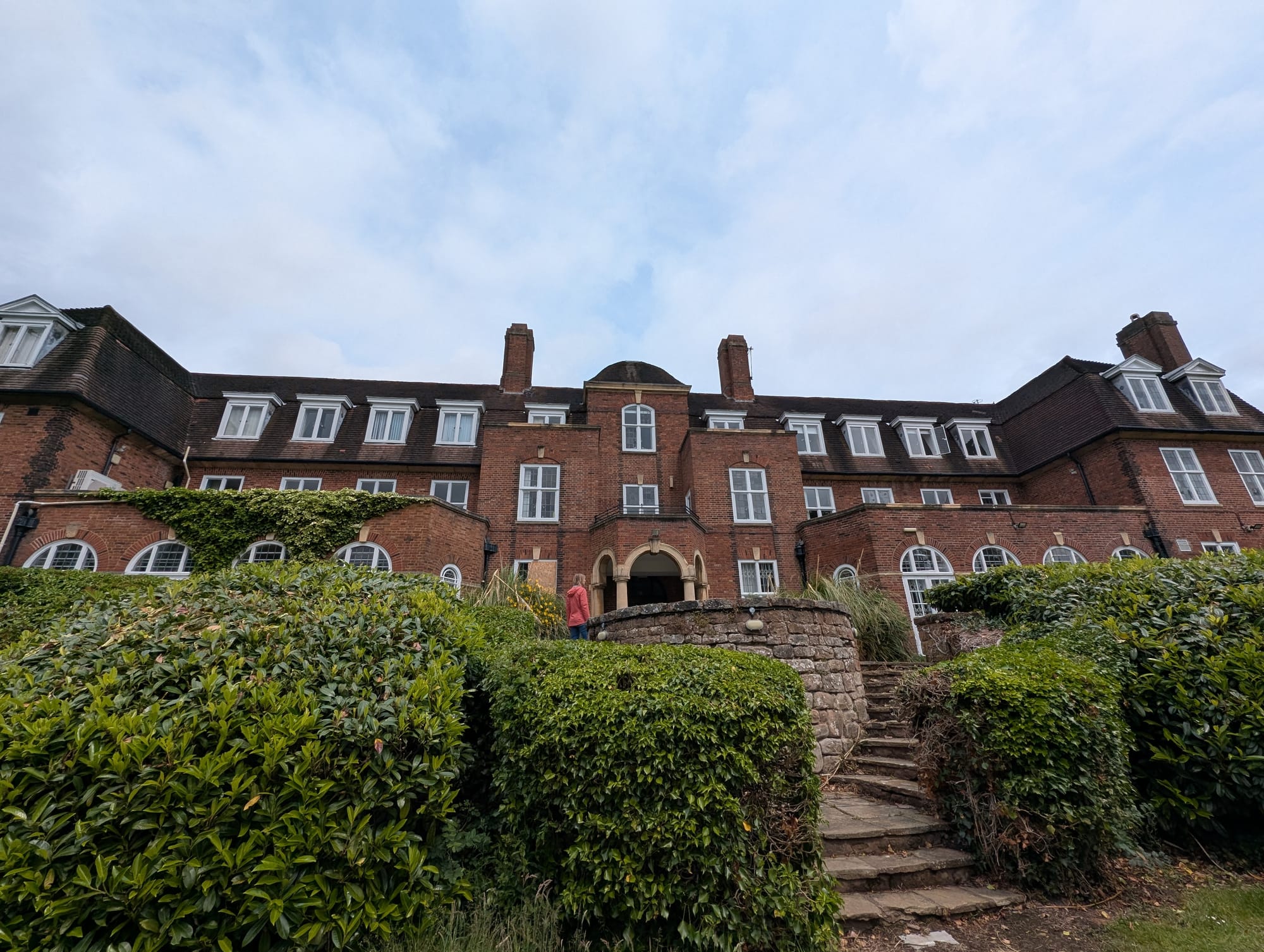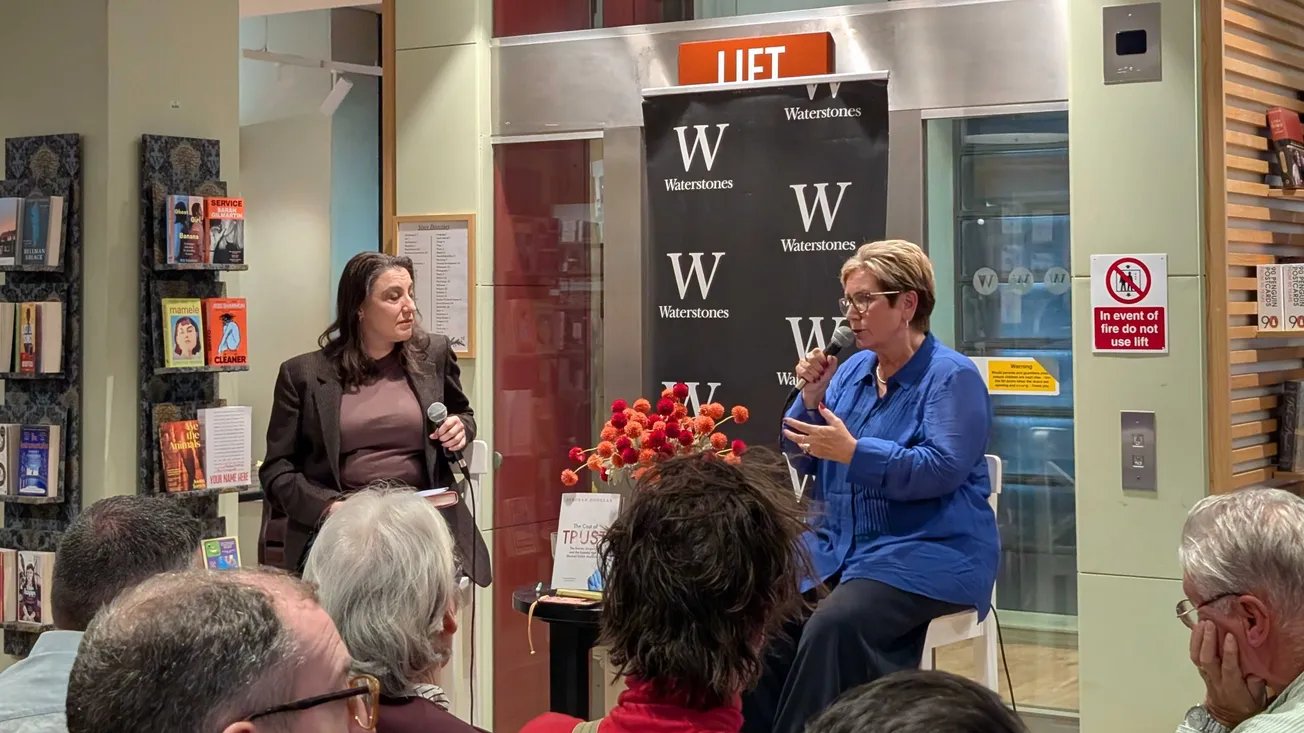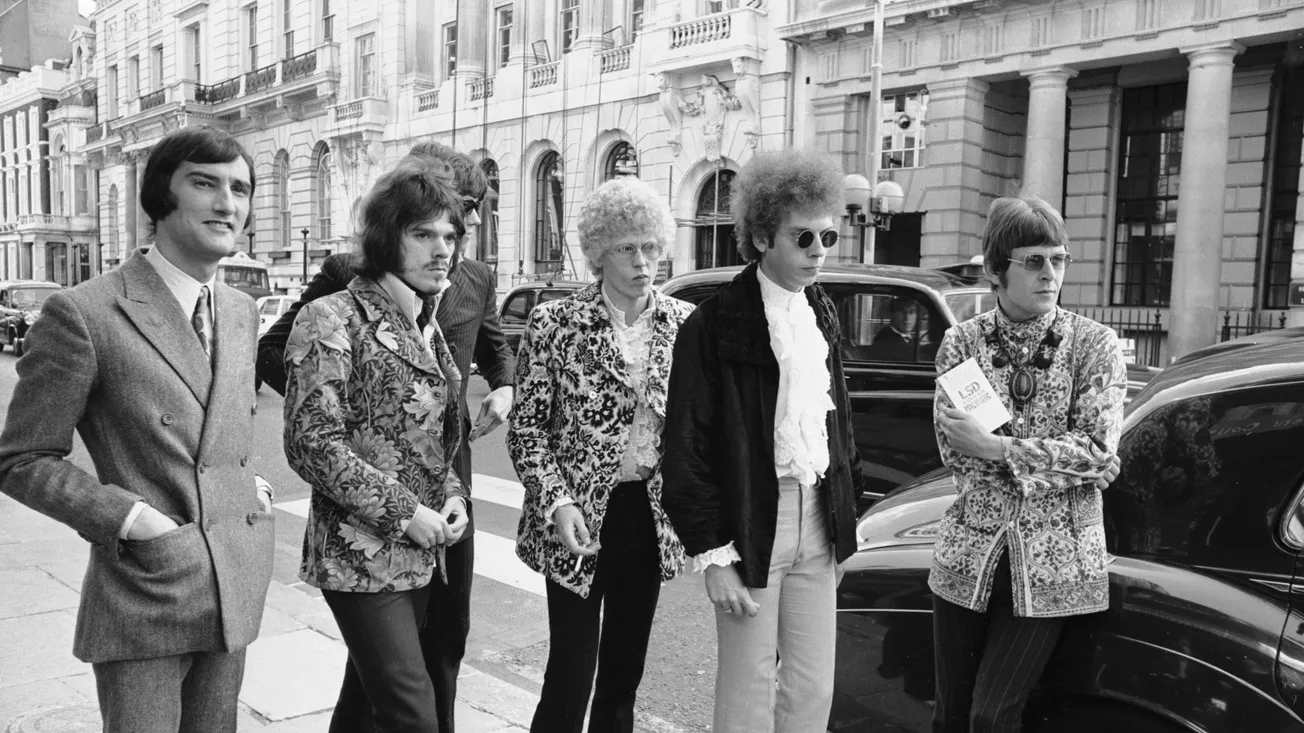Welcome to The Dispatch. We’re Birmingham's new newspaper, delivered entirely by email. Sign up to our mailing list and get two totally free editions of The Dispatch every week: a Monday briefing, full of everything you need to know about that’s going on in the city; and an in-depth weekend piece like the one you're currently reading.
No ads, no gimmicks: just click the button below and get our unique brand of local journalism straight to your inbox.
Want to work for Britain’s most exciting new media company? The Dispatch is looking for a new staff writer to join Samuel and Kate in leading a renaissance in high quality local journalism in Birmingham. This is a job for a journalist who believes in our mission, loves the kind of reporting we do and is passionate about applying our brand of journalism to many more stories in the years ahead.
We need someone who has a natural flair for writing — who will deliver the kind of stories our readers look forward to when they open our newsletters. If you fit the bill, or know someone who does, please click the button below to find out more.
It’s the middle of a hectic filming day when an email lands in everyone's inbox: urgent announcement, mandatory Microsoft Teams call. Within minutes, a team of 250 scatters — some retreat to corners with phones in hand, others huddle in small groups, eyes fixed on screens. “We thought, that can’t be good,” recalls one makeup artist.
The mood had shifted, like a montage from every Churchillian drama where everyone listens in as war is declared. Then a BBC executive appeared on the call.
"You’re all doing a great job, and it’s a great show, but I’m so sorry — we have to cancel it,” was the message, our source recalls. No explanation followed. “We weren’t given reasons,” she says. And there was no acknowledgment of the impact, or trace of responsibility taken.
The announcement was made on 18 October 2023, and that was the moment the cast and crew of BBC’s long-running daytime soap, Doctors, found out it was axed. First broadcast on 26 March 2000, Doctors ran for over 4,500 episodes, won 17 BAFTAs and – according to a source from the production – the BBC employed over 200 people to make it.
The soap was set in the fictional Midlands town of Letherbridge, and followed the lives of staff and patients at a GP practice. Upon hearing the news, TV critic Scott Bryan tweeted that the show had been a “training ground for many actors”, previously featuring Phoebe Waller-Bridge, Eddie Redmayne and Nicholas Hoult to name a few.
But despite also raking in an average audience of 1.6 million live viewers in 2023, the show couldn’t be saved. In a statement also released on 18 October, the BBC said “super inflation in drama production” had made the soap too expensive to run, adding that “further investment” was also required to refurbish the tired site where it was made.
Doctors was filmed in the iconic Pebble Mill Studios – once home to dramas such as Howards' Way, Juliet Bravo, and Dalziel and Pascoe – until 2004 when production relocated to the BBC Drama Village, largely located at the University of Birmingham’s Selly Oak campus. When I visited the set in autumn 2023, the lot was in a state of disrepair. In August this year, an agreement was made to sell off the cluster of discarded buildings – partly thanks to campaigning by local residents, covered in this Dispatch story.

The production hub, Archibald House, was surrounded by crumbling red brick buildings that were deserted and boarded-up as if amidst an Edwardian-era apocalypse. I arrived at Drama Village shortly after the cast and crew had learnt the prognosis and the mood was understandably bleak. Navigating the buildings, I turned the corner beneath the sign reading: ‘THE MILL HEALTH CENTRE’. A member of the crew told me they’d had issues with Brummies wandering in off the street, mistaking it for a real practice and looking for an appointment.
Other than some cast members guffawing in a distant dressing room as the crew laboured on in the studio, it was silent, save the occasional scratching of a radio. Two crew members sat on fold-out chairs – one of them in tears. “I don’t know what I’m going to do?” one asked, through sobs. “Don’t worry mate”, the other said, “have you thought about Casualty?”
Cut to today, and I’m looking to catch up with some of the cast and crew I encountered two years ago. I make a few calls and Anna* who worked for over five years in the design department, is the first to pick up. She says the day the news broke, the atmosphere on set was awful, with members of the crew pacing, angry phone calls to head office, many in tears, some worried for their mortgages and families. For many, “this is the only job they knew and it was so much harder”.
Previously, Anna had worked on feature films for five years. “Doctors [was] magic. It was the best job ever. It’s the people, it's the team, everything was like a family: no bitching, no drama – even though we were in the Drama Village!”
Many hoped that another production company would pick up the show; over 9,000 people signed a digital petition to keep it on air. “So many elderly people” watched it, Anna says, and even kids loved it “when they went to their grandparents’ houses”.
Adam has watched Doctors since the beginning. He’s nearly 70 and lives with his son who “couldn’t give a toss”. He tells me he grew up watching Crossroads – “which you’ve probably never heard of” (check out my article about Crossroads here) — and that he feels Doctors was a reiteration of the spirit of the Noel Gordon soap, mainly because it was also set in the Midlands.
“It [was] important for the area and for TV”, Anna agrees. After the show finished filming in March 2024, “Many people were out of jobs for a long, long time”, she adds. She says she couldn’t get any contracted work until August 2024. Until that point, she was only getting a trickle of independent jobs, “which isn’t enough money to live [on]”, especially considering she’s raising a family in Birmingham. After that, Anna was forced to leave the television industry, and now works in the fashion sector.
She talks positively about the period, everyone mucking in together with an almost wartime spirit, but that perception isn’t consistent. Mia* got a job on the soap mere months before it was cancelled and paints a different picture. One recollection she has is of the director shouting “cut!”. After checking the footage and seeing a boom in shot, a black-clad crew member asked him if he wanted to go again. “No, it’s fine,” Mia remembers the weary director saying. Evidently the magic of making television had worn off.
She describes coming into work and finding one less item of furniture every day. Makeup artists were forced to store their paints and lacquers on decreasing numbers of plastic chairs. The crew didn’t know who was taking it – “presumably the BBC”, says Mia – but as the weeks rolled on, the set got emptier, and it “became a proper skeleton crew”.
She recalls a young woman from the University of Birmingham who came for a work placement — Doctors was known for being a great starting point for graduate film and drama students. However, as Mia remembers it, the woman was working in the warehouse when it transpired that all the heaters there had been returned. The crew “were all passing around a single hot water bottle”. She is initially unforgiving: “maybe don’t offer work experience on a sinking ship?” But she adds that she can’t blame them. “We really felt like everything we were doing was unappreciated and for nothing”, she says.
Mia is pragmatic about Doctors coming to an end. “Just because something’s been running a long time doesn’t mean we have to keep it,” she says. “It felt old, it felt outdated — and the way it was run felt old and outdated too.” Anna believes that it was just the cost which resulted in the show being cancelled, but that the “the reason was the building we were using for a base no longer complies with the [BBC’s] electricity requirements”, and that it would cost £2.5 million to remedy the issue, or move the production to a new base elsewhere. (I asked the BBC if they could confirm this figure but they simply directed me to their 2023 statement.)

She says the BBC attempted to cushion the announcement by announcing that production of Silent Witness (a BBC drama series) would now be in Birmingham. However, she argues this isn’t as good a deal as it sounds. “I know the BBC are saying they are investing in other programmes, but they are not in Birmingham”. Father Brown and Shakespeare and Hathaway might have unit bases in the city, but in reality where they shoot is “in the Cotswolds, not Birmingham”, she says. According to her, the Doctors crew was predominantly people living in and from Birmingham — and despite Silent Witness relocating, “they are from London,” she says of those working on it. (Again, I asked the BBC about this but they referred me to their original statement.)
But that looks like it’s going to change. Just last week, the BBC made several big announcements. Two dramas are set to replace Doctors — one, a period detective serial, the other, The Hairdresser Mysteries, starring Sally Phillips. Alongside this, the BBC has signed an agreement with the West Midlands Combined Authority to almost double the budget for TV production in the region.
Things can only get better. My experience of Doctors failed to inspire the sheer joy it gave to fans like Adam, who says “it was a lovely little show to rely on to break up the day”. While there in 2023, I felt I was among a desperate crew left abandoned on a forgotten outpost. Despite winning numerous awards, often drawing audiences bigger than Eastenders, Doctors didn’t end with a bang — but with an awkward Teams call and a gradual ebbing away of furniture.
For a show that quietly mattered in the lives of both its audience and its crew, its cancellation felt just as low key. It was the dismantling of a creative ecosystem that once trained star talent and was a lifeline to local crews. Today, all that remains of the show are the memories of the audience, the scattered crew that made it, and the downtrodden site where once there was a pulse.
When approached for comment, the BBC directed us to their statement made in 2023: “We remain fully committed to the West Midlands and all of the funding for Doctors will be reinvested into new programming in the region.
“We would like to thank all the Doctors cast and crew who have been involved in the show since 2000. We know the crucial role Doctors has played in nurturing talent, and we will work to develop new opportunities to support skills in scripted programming.”
If you enjoyed this story by Alex and you want to get access to our fantastic subscriber-only stories this week, why not join up as a Dispatch member today?
You'll be able to read our exclusive analysis on how, and why, Manchester is outstripping Birmingham in the battle of the second cities, or this historical deep-dive into how the city's slum clearances forever changed its fortunes.
You will also get access to our entire back catalogue of amazing stories and, better yet, you will be supporting our mission to give this city proper local journalism. Plus, a subscription is just £2 a week. Sign up now to back the local reporting Birmingham deserves.








Comments